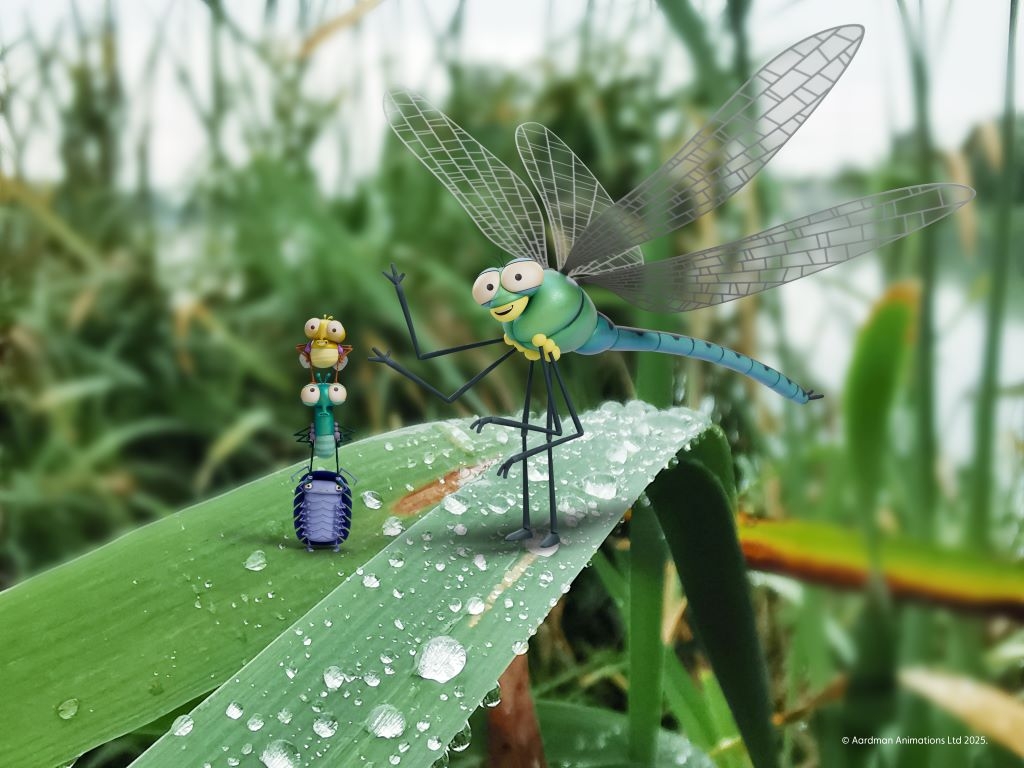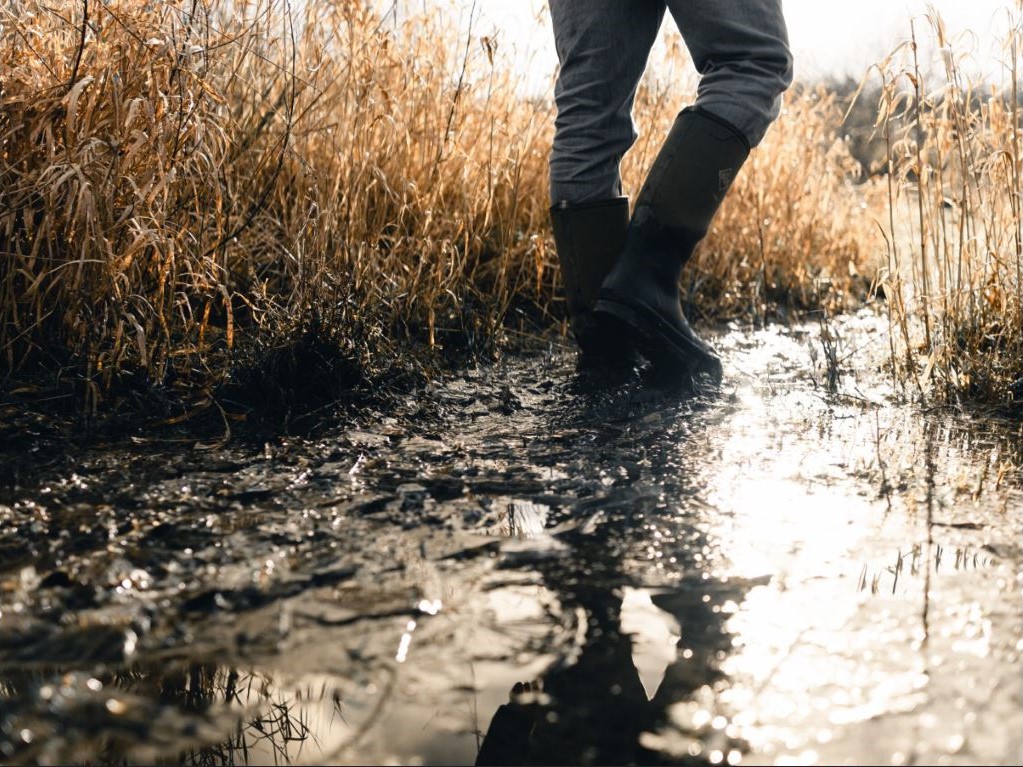There is no such thing as an ugly duckling!
There is no such thing as an ugly duckling at WWT Castle Espie
Come for an eggstra special day out and support conservation
WWT Castle Espie is inviting parents in Northern Ireland to treat their families to a day out with a difference this Easter.
Spring is an exciting time at WWT Wetland Centres and as part of a range of activities this Easter you can experience the thrill of the arrival of new born chicks up close. You’ll see for yourself the techniques developed by WWT that scientists are using to save some of the rarest animals in the world right now.
By visiting Castle Espie this Easter you are directly supporting WWT’s conservation breeding work, saving species like the Madagascar pochard from the brink of extinction.
Debbie McCamphill, Centre manager at Castle Espie said: “Visitors can experience the fascinating progress of WWT’s real-life Easter eggs.
“During the holidays visitors will get the chance to see ducklings, goslings and cygnets. Castle Espie is home to many rare species, giving visitors a rare opportunity to meet the species they are helping to protect.”
Across WWT’s nine centres in the UK almost 2,000 waterbirds are hatched each year. Behind the scenes duckery tours give thousands of visitors the opportunity to see these adorable baby birds and learn about WWT’s work to conserve rare species in the UK and overseas.
WWT are also appealing to visitors to its centres, WWT members and the general public to donate what they can to help give critically endangered species a chance at survival. With several imminent expeditions and an increasing number of birds joining the critically endangered list, WWT need to continue to invest in conservation breeding expertise to help save species in danger of extinction.
Baz Hughes, Head of Species Conservation for WWT, said: “We are global leaders in saving birds from the brink of extinction. We have 65 years of experience and a track record of success at saving the species and working with locals to find long term solutions. The calls of help from around the world are getting louder and louder. We can help, but we need the help of our members and centre visitors.
“By donating, our visitors and members are giving critically endangered species a fighting chance of survival.
“In the world of conservation breeding, there are no ugly ducklings. What we learn from these birds helps us to conserve endangered birds in the wild. And ultimately it’s about saving some of the world’s rarest species from extinction.”
WWT expertise in understanding what the birds need to successfully breed and rear their young is vital. For example, learning that building wigwams for the Hawaiian nene makes them feel more secure and encourages them to breed, was a major breakthrough. From a low point of just 30 birds and almost certain extinction in 1950, following WWT’s conservation programme there are now 1,750 Nenes living wild in their natural habitat on Hawaii.
And in the noughties, WWT’s experience of breeding pochard ducks from all around the world was put to the test when the previously-extinct Madagascar pochard was rediscovered on a remote lake. Our experience of hatching and rearing waterbirds, has allowed scientists to breed a safety net population, and make the future of the Madagascar pochard more secure.
Visit your local WWT centre www.wwt.org.uk/visitus to see for yourself first hand. If you would like to find out more information about what is happening over the Easter holidays at your local centre, then please go to www.wwt.org.uk/visit-us/castle-espie/events/easter-at-castle-espie
More information about WWT appeals and how to donate can be found by visiting the website at www.wwt.org.uk/appeal
• A gift of £20 will make one nest box for the 300+ hole-nesting ducks breeding at WWT.
• A gift of £50 will feed one of 120 pairs of flamingos attempting to raise a chick
• A larger donation of £100 will help us to equip and run a Duckery nursery coop with heat lamps and comforters ensuring up to 100 newly hatched arrivals are kept safe and warm



